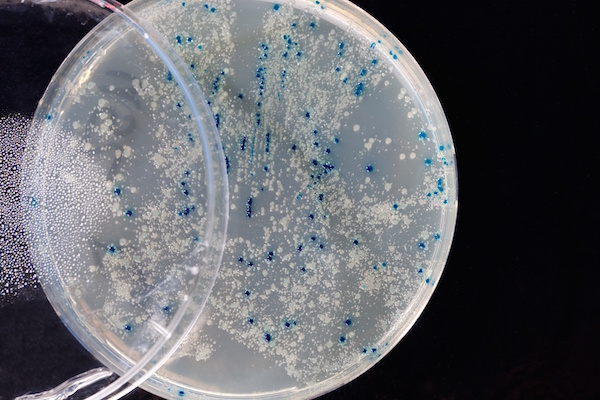
THURSDAY, Feb. 2 (HealthDay News) — The sale of pet turtles was banned three decades ago in the United States, but the small reptiles are still available and continue to infect young children with salmonella, a new report warns.
Because of the health danger, pet turtles are inappropriate pets in homes with young children or other high-risk people, such as pregnant women, seniors and those with weak immune systems, according to the U.S. Centers for Disease Control and Prevention.
The report, published by the CDC in the Feb. 3 issue of the Morbidity and Mortality Weekly Report, describes an outbreak of 132 human salmonella infections in 18 states between August 2010 and September 2011. Many of the infections were traced to exposure to small turtles (those with shell lengths of less than 4 inches).
Two-thirds of the infections occurred in children younger than 10. Salmonella infections in children can be severe and lead to hospitalization, the report authors noted. No deaths were reported in that outbreak.
The 1975 ban on the sale of small turtles led to a large decline in human salmonella infections. However, these infections continue to occur because the turtles are sold illegally at fairs, flea markets and on the street, the CDC said.
The report authors suggested some strategies to reduce the number of human salmonella infections caused by turtles:
- Increased enforcement of existing regulations against the sale of small turtles.
- Tougher penalties for the illegal sale of small turtles.
- More state and local laws regulating the sale of small turtles.
Other reptiles carry salmonella, but the little turtles’ size makes them especially risky because children handle them as toys and may place them in their mouths.
More information
The U.S. Food and Drug Administration has more about pet turtles and salmonella.

